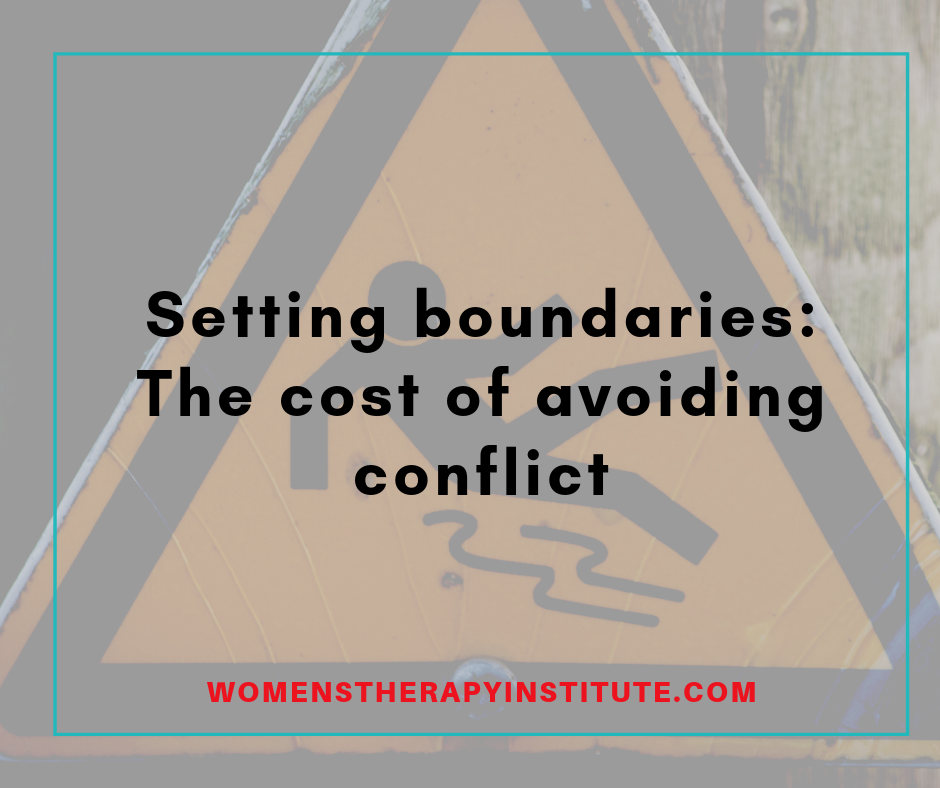
Setting boundaries: The cost of avoiding conflict
Your friends call you “easy going.” You never get into an argument about where to go eat dinner, or who is going to do the chores, or pick up the kids, or host the holiday dinner—you are known as a “people pleaser.” And, while it sounds nice and simple, it has some long-term costs.
By failing to set boundaries with others, you will quickly take on more than you can handle. Those around you may abuse their relationship with you because they know you will never say “no.” You may start to form feelings of resentment against those in your life for putting so much on your shoulders.
Creating Balance
That being said, standing up for yourself also has its challenges. It tends to lead to arguments—it forces you to stand your ground, and to take a stand for you. It pushes you out of your comfort zone, forces you to have some “guts.” But, contrary to popular belief, it can actually strengthen the relationships in your life.
So, how do you create a balance? How do you set boundaries you are comfortable with?
1.) Recognize and acknowledge your feelings—Recognizing your feelings instead of pushing them to the side is the first step in making positive changes. By acknowledging that your feelings have merit—that you matter—you can take better care of yourself.
2.)Evaluate how your boundaries have been crossed—Does this person always call to borrow money and never pay you back? Does a friend always expect you to take care of her kids?
3.)Decide how to set a boundary—Come up with a plan to talk calmly and confidently about your feelings to this person. Determine the best solution to the problem, maybe you will pick up the kids from school two days a week instead of five.
4.)Voice It—You have determined what the problem is and how to approach it, now do it. Set the boundary. If you experience some backlash, understand that it might be better to just walk away for the time being. It won’t do you, or the other person, any good to argue.
5.)Take care of yourself— Don’t feel guilty for doing something to improve your wellbeing. You need to take care of yourself before you can take care of others. You need to be healthy and happy, so you can be the best version of you—so you can do your best work, be a good spouse, parent, and friend.
